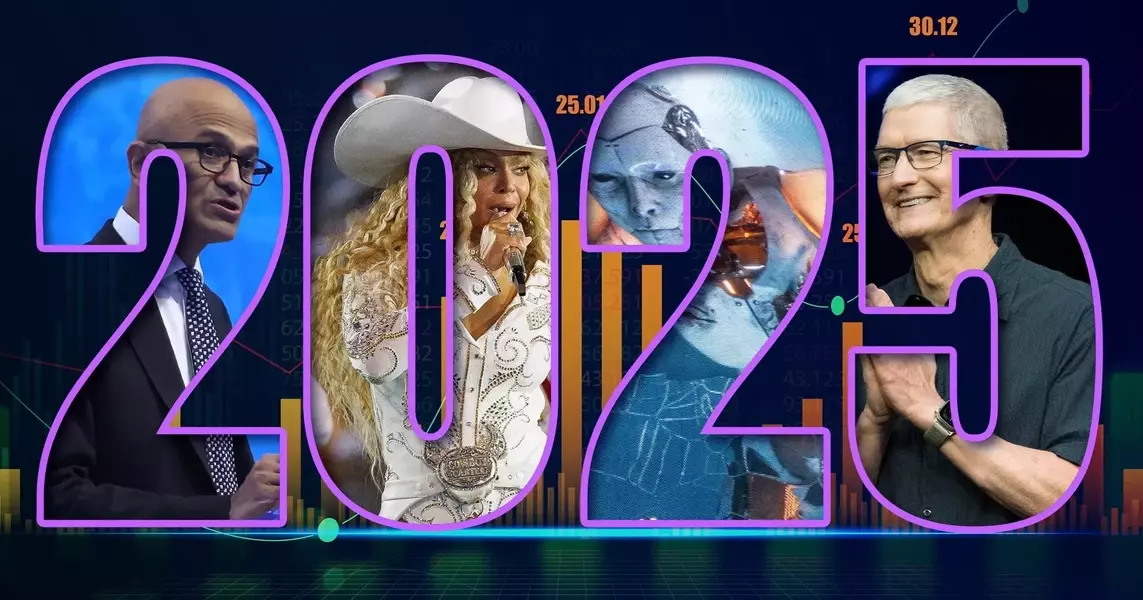Entertainment Industry Faces Major Shifts in 2025

The entertainment sector is poised for significant transformation in 2025, with major changes anticipated in streaming platforms, live events, and corporate structures. Big Tech companies, which have already invested heavily in artificial intelligence, may assume greater control over traditional studios such as Warner Bros. Discovery. Additionally, trends identified by industry analysts suggest that live sports and other live events will increasingly move to streaming services, as exemplified by Disney's recent acquisition of a majority stake in Fubo.
Big Tech's Growing Influence on Traditional Studios
In the coming year, the influence of technology giants on the entertainment landscape is expected to deepen. These corporations, known for their substantial investments in cutting-edge technologies like AI, are set to play a more dominant role in shaping the future of media production and distribution. The potential acquisition of established studios could signal a shift towards tech-driven content creation and management.
This trend is not entirely new; it has been gradually building over the past few years. However, 2025 might be the year when Big Tech's involvement becomes more pronounced. Companies that once focused primarily on software development or internet services are now eyeing opportunities in film and television production. This shift could lead to a redefinition of how content is produced, distributed, and consumed. For instance, the integration of AI into the creative process could streamline production timelines and reduce costs, while also enabling personalized viewing experiences for audiences. Moreover, the financial muscle of these tech giants allows them to take risks on ambitious projects that smaller, more traditional studios might hesitate to pursue.
Streaming Platforms Embrace Live Events
The migration of live events, particularly sports, to streaming platforms is gaining momentum. As demonstrated by Disney's strategic move to acquire a controlling interest in Fubo, this transition reflects the growing preference for digital consumption of live content. Streaming services are becoming the preferred medium for viewers who seek convenience and flexibility in accessing live events.
This shift has far-reaching implications for both broadcasters and consumers. For broadcasters, transitioning to streaming offers new revenue streams through subscription models and targeted advertising. Meanwhile, consumers benefit from enhanced accessibility and interactivity features that traditional TV cannot match. The ability to watch live events on multiple devices and enjoy interactive elements such as real-time polls and social media integration makes streaming an attractive option. Furthermore, as more live events move online, we can expect innovations in how these experiences are delivered, including the use of augmented reality and virtual reality technologies to create immersive viewing environments.